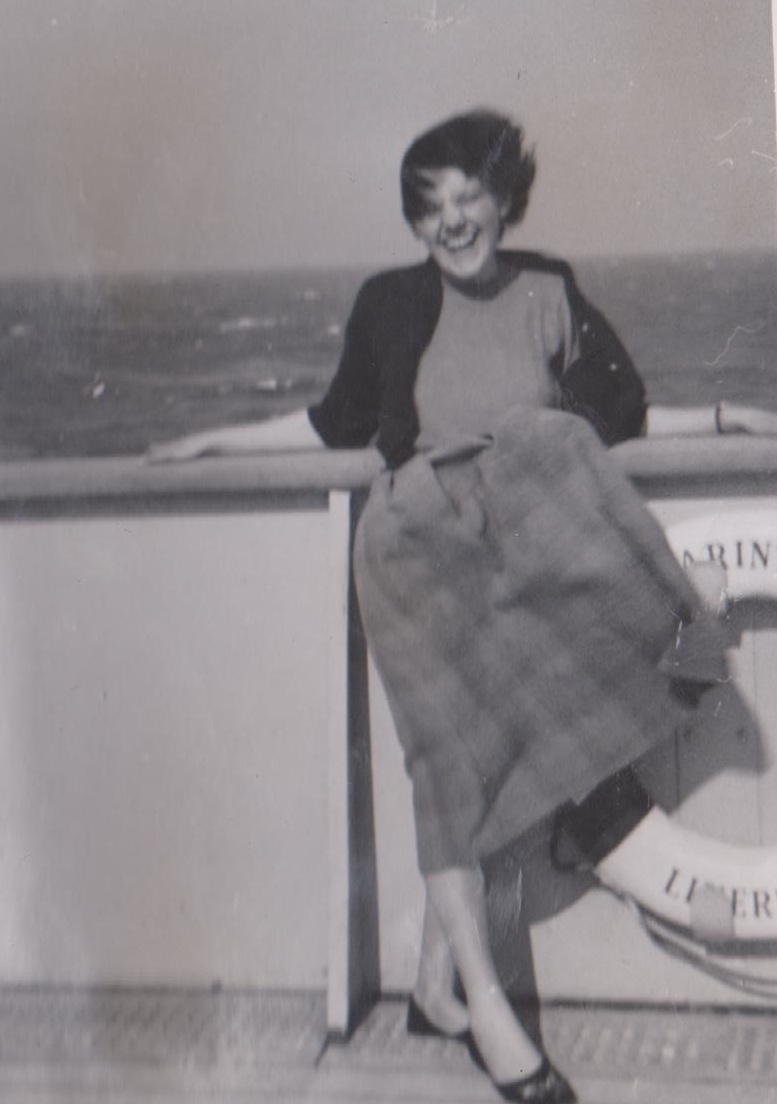The book of Numbers, better described by its Hebrew name of something like "Wilderness Wanderings" picks up where Exodus left off. Or does it?
The first sentence tells us that the Lord spoke to Moses on the first day of the second month after the people left Egypt, which means this was just a few weeks after the completion of the Tabernacle and ordination of the priests in the first month of the second year with which Exodus ended.
So far, so good. But then we discover that Moses is told by God to conduct a census, by tribe and clan, of every man aged 20 or over who could be enlisted to fight, a total, excluding the Levites who were the one 'reserved occupation', of 603,500 - the exact same number identified in Exodus as the number of men who gave an average of a beka of silver each to help build the tabernacle, but were there noted as 26 years old or over.
So, if we want to be strictly literal here, we have problems. When did the census take place? What was the minimum age at which men were counted?
Or we can rationalise it, seeing this as a second census which gave the same result, and find a means of making sense of the age disparity, be that there was no-one between 20 and 26, or that the exact same number had died (conveniently) in the intervening period so that it evened out.
Or we can choose not to fret over this, recognising, as we have done already, that these ancient documents are not like the 'Modern' histories (let alone Revisionist or Post-Modern histories) that we may be more familiar with.
What we have here is a sense of an emergent nature seeking to order its affairs, deciding what the age of conscription might be, who might be exempted from military service and so on. We don't have to like the purpose of the census, or the fact that women and children were excluded, but it does give us a sense of a growing population and a need for appropriate governance.
I was struck by the fact that the tribe of Joseph is divided into two branches, Ephraim and Mannesah, retaining the sense of twelve-ness even after the Levites have been been exlcuded from the census. There is a need for symmetry, it seems, that the camp around the tent of meeting, each tribe with its own defined place, evidently needs there to be twelve groups, regiments, divisions, whatever language we choose.
The idea of surrounding the Tabernacle on all sides, protecting both it and the Levites in the process, is powerful and, dare I say, quite beautiful in its own way. Everyone plays their part in surrounding and protecting what lies at the very heart of their faith. Possibly perversely, it makes me call to mind the celtic circling prayers in which God is invoked to do precisely this for the person, or occasionally community, expressing them...
Circle me, Lord keep darkness out, keep light within...
Circle me, Lord, keep fear without, keep peace within...
Similarly, St Patrick's breasplate - Christ before me, behind me, above me, below me, on my left and my right.
I'm not sure that leads anywhere - I'm certainly not saying that God needs our encircling protection, literal or metaphorical, it just makes me pause to wonder who or what we might choose to surround in such a way, watching on all sides...
Essentially, I guess, this first couple of chapters is a pre-amble, a scene-setting exercise, a bridge between the last scroll and this one. A kind of a recap perhaps, a reminder of how things are, before we launch fully into the next phase of the story.
Already we are half way through Lent, already, around us, preparations for Easter are being made, for now though, we try to stay in the present moment, noting where we are, and listening for the whisper of God's voice.

